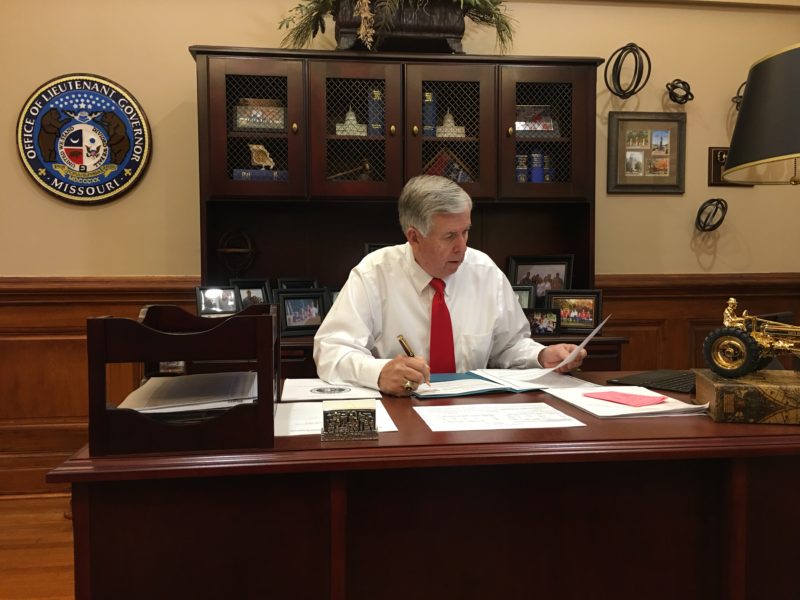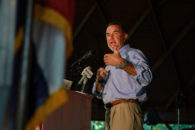JEFFERSON CITY, Mo. – The issue of net neutrality is rising once again in the U.S., following the recent decision by the Federal Communications Commission to roll back net neutrality regulations.
Current FCC Chairman and Trump appointee Ajit Pai put forth a plan back in May to overturn the rules set forth in 2015 under the Obama administration that prohibited the throttling, blocking and prioritizing of traffic by internet service providers. The current net neutrality laws require ISPs to treat all data equally, preventing the blocking or slowing down the delivery speeds in favor of certain companies. It’s been favored by companies like Amazon, Google, Microsoft, Facebook, Twitter, and Netflix.
Pai calls those regulations overly burdensome. He says the regulations are hindering infrastructure development and seeks to have broadband returned to a framework under Title I of the Communications Act, which would classify it as an information service. The regulations established in 2015 put it under Title II as a utility.
The commission approved Pai’s 75-page proposal to undo the arrangement, which is called “Restoring Internet Freedom,” with a 2-1 vote at their May 18 meeting.
The chairman’s proposal called for public comment, which wrapped up this week with more than 9 million responses filed.
But while GOP leaders seem to continue pushing to loosen the net neutrality regulations, recent polls over the last few years indicate that it’s not necessarily an opinion shared by their voters.
A November 2014 University of Delaware survey, found that 85% of Republicans (and 81% of Democrats) were opposed to allowing ISPs to charge web companies a fee to deliver their content to customers more quickly.
So what’s the reasoning behind the push?
Some argue that it’s just a continued fight against the work of the Obama administration, while others say it’s about campaign contributions, though it’s fair to point out that companies on both sides of the issue have contributed to both parties. But the most common belief as to why Republicans continue pushing the bill on the issue is that the current rules under the FCC give the federal government more power over the industry, and if there’s one thing Republicans have consistently stood for, it’s limited government.

The move, however, is one that’s supported by one of Missouri’s top statewide elected officials. Lt. Gov. Mike Parson says it’s time to loosen the regulations, which he believes will give them the motivation to finally build broadband infrastructure to the under-served areas of Missouri.
“70% of rural Missouri does not have access to high-speed broadband,” the Lt. Gov. tweeted. “We owe it to future generations to give them the tools to be successful.”
Broadband providers like AT&T, Comcast, and Verizon say that allowing them to increase their profits through the use of a tiered system would enable them to invest in infrastructure. But critics of the plan say that loosening the regulations might not do that and there are no guarantees that the companies will go through with the investments.
In an interview with Missourinet, Parson says he believes that the providers will go through with the plan if enabled to, pointing to cable providers as an example. He says the cable companies go to rural communities and provide a more expensive option, but the decision is left to the people as to whether they purchase or not.
Parson will be headed to Nashville this week, where he will be attending the National Lieutenant Governors Association annual meeting. The issue of net neutrality is expected to be on the agenda.
Benjamin Peters was a reporter for The Missouri Times and Missouri Times Magazine and also produced the #MoLeg Podcast. He joined The Missouri Times in 2016 after working as a sports editor and TV news producer in mid-Missouri. Benjamin is a graduate of Missouri State University in Springfield.







